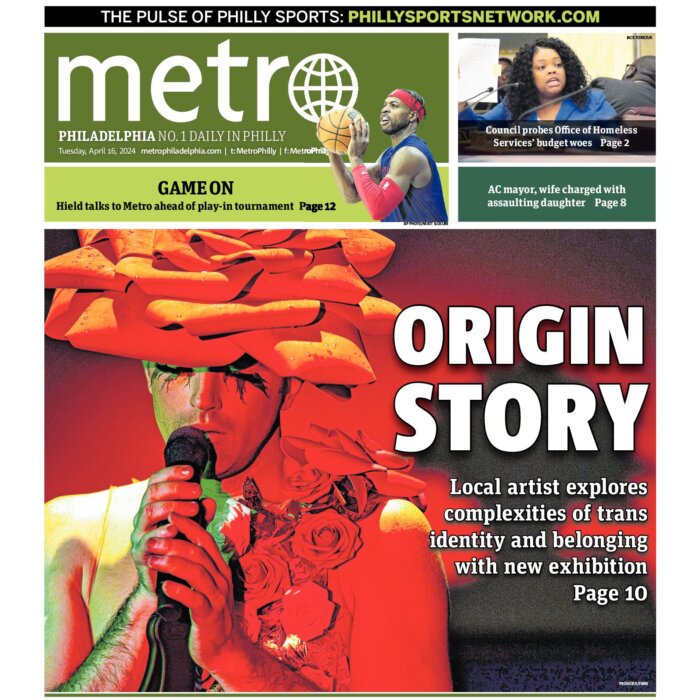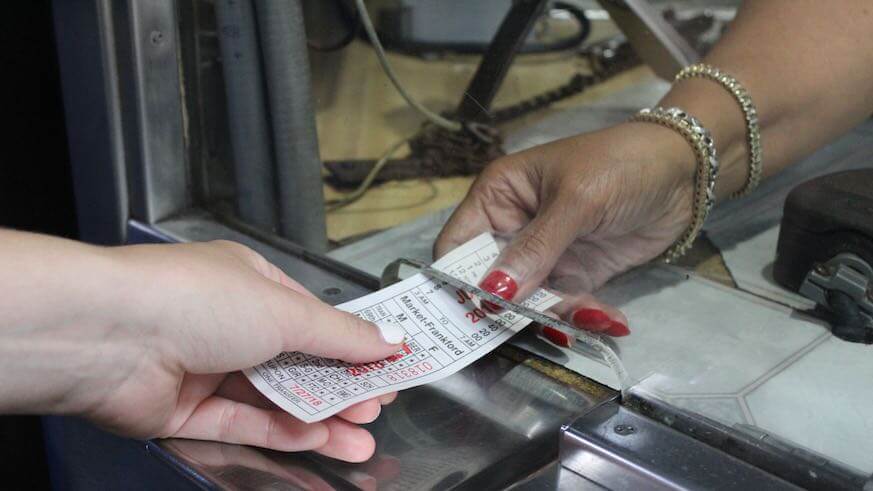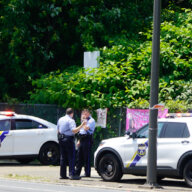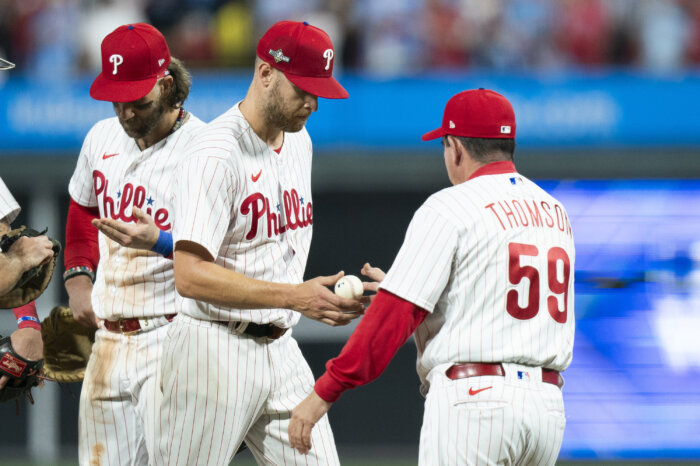For years, buying paper transfers on SEPTA has been a daily ritual for commuters who need to travel on multiple modes of transit. But soon, the SEPTA Key will change that, bringing Philadelphians a much-needed simplification to their travels.
Starting Aug. 1, commuters won’t be buying transfers in the paper form any more, or ever again. SEPTA paper transfers are going out of use, permanently, to be replaced by the SEPTA Key, as of the end of the day on July 31.
That doesn’t mean there won’t be transfers available on the bus, subway or trolley – it just means you will need a SEPTA Key to get one.
“We’re getting rid of the paper product, we’re not getting rid of your ability to transfer at a reduced rate,” explained Leslie Hickman, Chief Officer for Revenue Operations at SEPTA. “You can still transfer if your money is in your Travel Wallet and get the benefit of the reduced rate.”

SEPTA riders can still grab transfers, if they’re switching between transit modes headed in the same direction, and get a reduced fare on the second leg of the journey ($1). You can even get a re-transfer.
But in the past, passengers paid their fare, then handed a buck to the conductor or station agent and got a paper transfer. You would bring that paper transfer to the next mode of transit on an approved transfer-station and boom, you were ready to ride.
As of Aug. 1, you can only make that transfer if you have a SEPTA Key and have funds in your Travel Wallet to pay for a transfer. The Key will track your ride, know you’re transferring, and automatically charge the transfer fee. (Metro previously erroneously reported SEPTA paper transfers would end Aug. 31 in the July 16 article “SEPTA Key is gearing up for Regional Rail launch. Metro regrets the error).
“You have to have a Key, or you’re not getting the best value out of your ride,” Hickman said. “If you’re a hanger-onner [without a Key], and come August 2 you need to transfer [without a Key], you need to pay the full monty. You’re either paying $2.50 or a token.”
SEPTA Key: A step towards a paperless future
The elimination of SEPTA paper transfers, along with multiple other paper products SEPTA is phasing out as it transitions to the Key, is also a big step forward for SEPTA’s sustainability goals.
“Moving away from paper products saves not only the environment but money for the customer,” Hickman said.
SEPTA is making advances on every front with its Key as well as its many other operations.
New locomotives recently went into use on the Regional Rails, where passengers are gradually being transitioned over to using the SEPTA Key as well.
And on July 26, SEPTA announced that the Broad Street Line subway stop on Pattison Avenue, nearest to Philly’s sports arenas, will be renamed “NRG Station.” NRG, an energy company, will also be funding various repairs, improvements and modifications at the station.
































